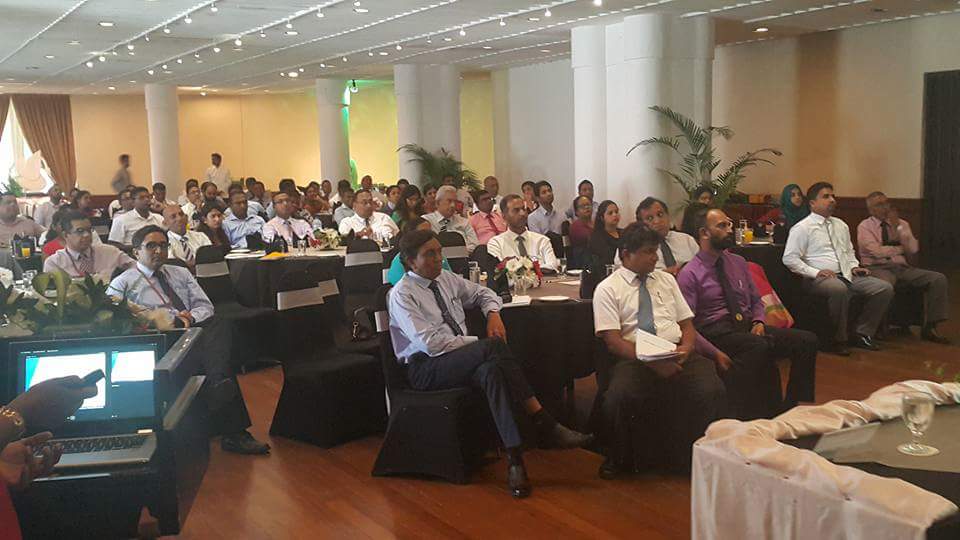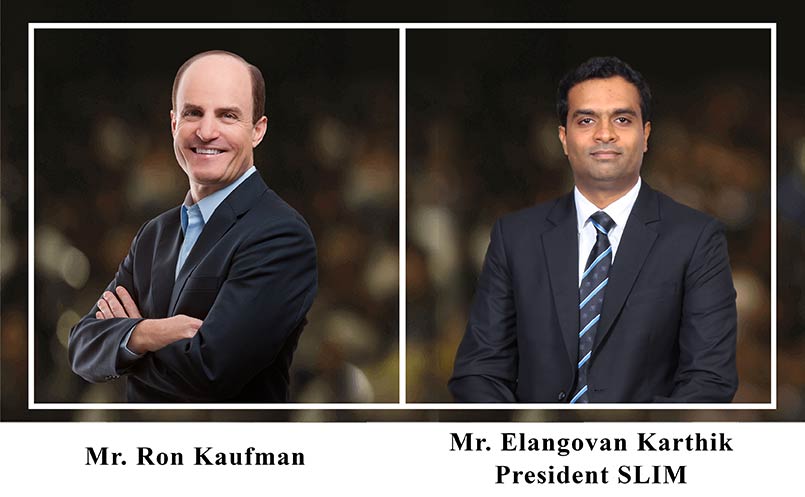
SLCMDI Hosts Workshop on National Procurement Guidelines and Impact on Medical Devices Industry
Members and stakeholders involved with the Sri Lanka Chamber of Medical Devices Industry gathered today for a workshop on National Procurement Guidelines and the Impact on Pharmaceuticals and the Medical Devices Industry at the Grand Oriental Hotel. This workshop was conducted in coordination with the Ministry of Finance and was graced with the presence of members of the Ministry of Health, State Pharmaceuticals Corporation (SPC), Medical Supplies Division (MSD) and Biomedical Engineering Division along with other industry partners.
Speaking at the workshop Mr. Saman Hulangamuwa, President of the Sri Lanka Chamber of Medical Devices Industry said, “In today’s day and age communication happens so quickly and as an industry which is highly competitive, it is imperative for us to stay ahead of the game. We need to make sure everything is in order and technology makes it so much easier. This is why we are recommending that national procurement also goes digital.”
Mr. P Algama, the Director General of Public Finance from the Ministry of Finance further explained the purpose of the workshop and the importance of having an understanding of proper procurement planning toprevent high cost and ensure standard products are releasedto the market. Public procurement is a key economic activity of the Government. It remains a significant part of the Sri Lanka economy, in 2016, accounting for about Rs. 596bn or 19% of total Government spending and 5 % of GDP disbursed through public procurement process.
Procurement guidelines are essential to ensure corruption free business dealings and promote accountability and transparency.
Ms. D. G. Chandrika, the Director of Public Finance from the Ministry of Finance conducted the workshop, enlightening those present on the key principles of procurement guidelines, the process, cycle and plan and the standards for bidding documents. Following these guidelines is essential for those in the industry to procure the most cost – provide effective pharmaceuticals andmedical devices in the right quantities, ensure supplier reliability with respect to service and quality, arrange timely delivery to avoid shortage and stock outs, achieve the lowest possible evaluated cost.
At the end of the seminar, participants were given an opportunity to pose questions to clarify certain doubts from the Ministry of Finance, SPC, BME and MSD.
For more information and to contact the SLCMDI, please contact 0112 123456.


